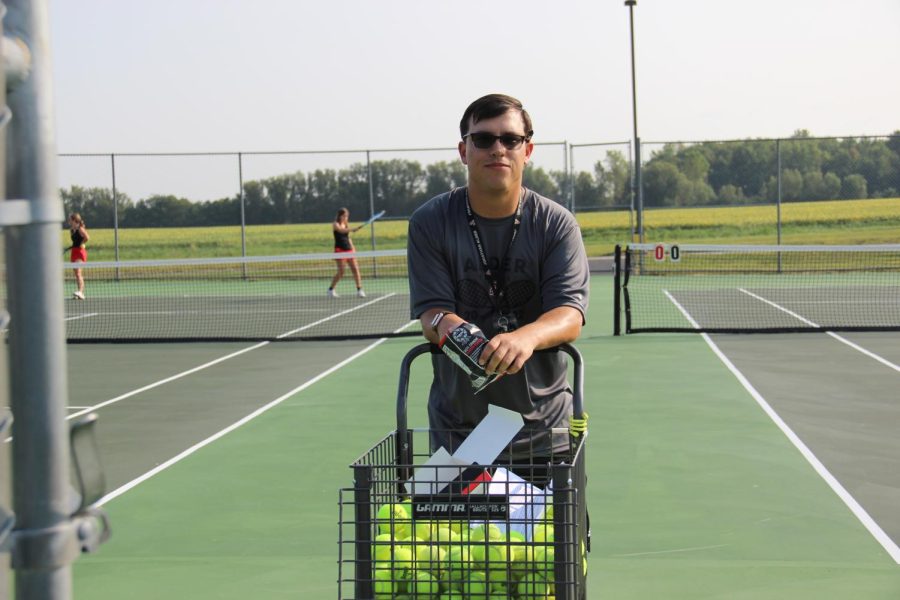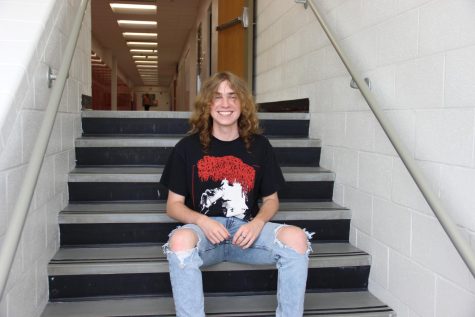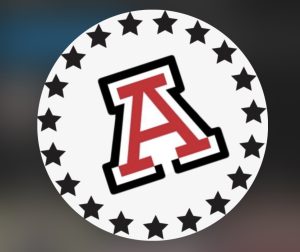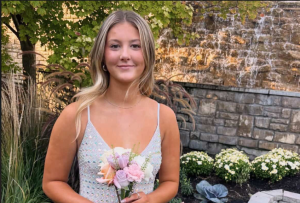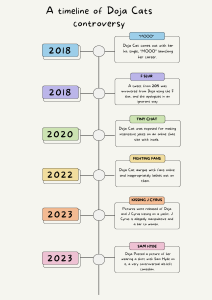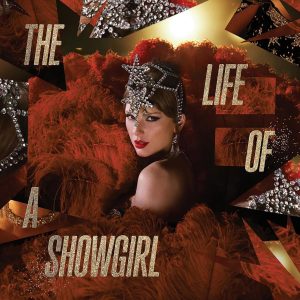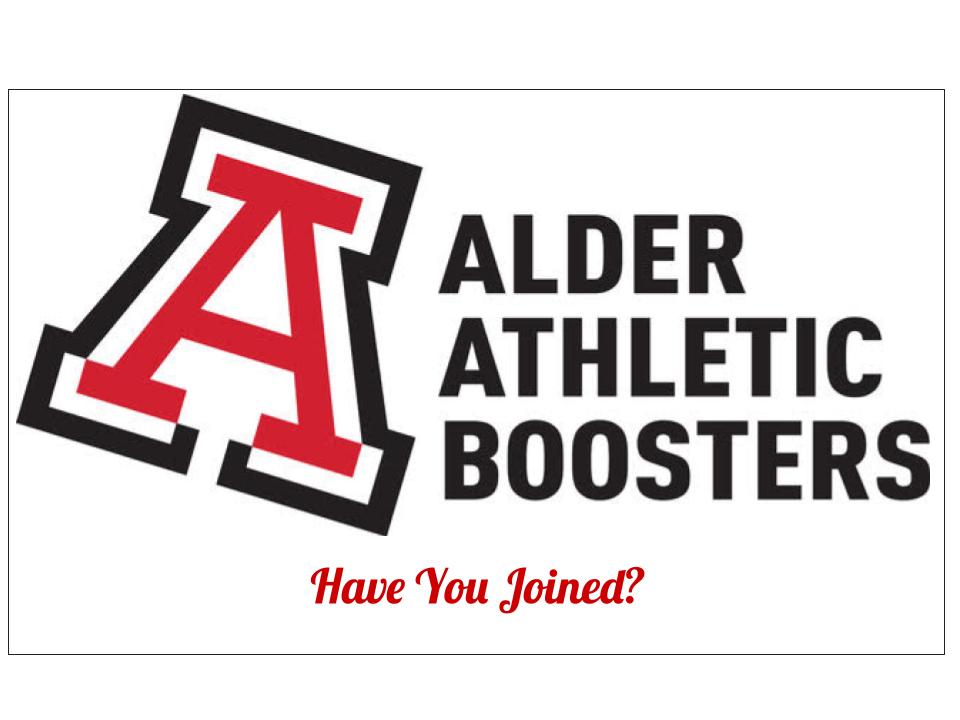Q&A: Bryan Deeken
Deeken enjoying a bag of chips on the tennis courts
October 18, 2022
I sat down with Bryan Deeken to highlight a teacher that has had a lot of impact on me as a student. We talked about how the school year is going and how things have changed since? I asked about his high school and college experiences, and he gave some much needed advice for this year’s seniors.
Q: Introduce yourself for all the students who haven’t had you.
A: My name is Mr. Deeken, I’m a social studies teacher here. Usually I’ve been teaching United States history, some government classes, psychology and sociology, and this is my fourth year at Alder. I started in January of 2019 as Mr. Palmer’s long term sub.
Q: So you’re still teaching psychology and sociology? I thought Mrs. Schludecker teaches sociology?
A: I’m teaching both, but the difference this year is Mrs. Schludecker has a section of sociology, she’s starting with sociology and she’ll flip to psychology in the spring, and I will flip to sociology.
Q: How has the year been so far?
A: It has been very hectic but in a good way, the school portion of the year feels like my first year here, which was a pre COVID[-19] year, so it seems like things are kind of in a new phase of what COVID means to school. As a result of that it seems like there’s less anxiety and better energy, so it’s been a really enjoyable start to the school year.
Q: So it feels like school is coming back to normal?
A: Well sure, pre COVID normal. The only reason why I qualify that my first year ended with us going on an “extended spring break,” and my second year was the year we had hybrid and masks, and my third year was last year when we were still concerned with spikes in the fall and we actually had that month of masking to try and reduce those numbers, so its my first year where it seems like COVID isn’t having an impact on the level of the other three [years].
Q: How does it feel having a new room? It’s gotta be better than the old leaky one.
A: Yes, I had an opportunity to change rooms, and given that the other room was leaky and had some challenges, and the other room was also not close to social studies colleagues, so I made the choice to move into Mr. Palmer’s old room. It’s nice to be close to colleagues and not have to worry about “what should I do when it rains.”
Q: Has it been strange having so many new staff members in the building?
A: Yeah I think some of the positions that changed like Mrs. Wheatley and Ms. Korn, people who are kind of behind the scenes that you [students] might not all know of, I think those ones have been like I can feel them missing, because they kind of had a direction and knew what they wanted. The people that have those roles now I’m starting to get to know them and I like them, they’re trying to figure out what their direction is gonna be and how they are gonna impact Alder. Having new teachers has been a fun and exciting dynamic.
Q: Last year I was in your government and your psychology and sociology classes, and I remember those classes had a lot of seniors. I remember you talking quite extensively and giving advice to the seniors and talking to them as if they were adults. I always really admired the way you spoke to them like they were about to be adults, and so I thought you’d be a good person to ask some questions about yourself as a senior in high school. As a senior did you have any idea that you’d be a teacher?
A: I had an idea that I might want to be a teacher, I think a lot of the time we pick professions based on people in our lives and visibility of said professions. My father was a stay at home dad, my mom was in supply chain management, but as a senior I didn’t really understand what her job was. My teachers, who I of course looked up to and admired, and an uncle who I really looked up to was a teacher, so it was just something that was visible and always had in the back of my mind. When I went to college the first time, I did not go with the mindset that I’m gonna go and major in education. My first four years where I earned my degree at Ohio State I earned a degree in political science and philosophy; those were where my academic talents were, in understanding government and learning that stuff, but I did not go in with a direction of how to use that degree. After about a year home in Cleveland, I wasn’t really finding the employment opportunities I wanted and got fulfillment out of, so I went back to school part time to earn a teaching license.
Q: So you had a lot of positive people in your life that were teachers?
A: Yeah visibility and seeing how that person lives and seeing whether or not they are happy goes a long way into influencing what you decide to do with your life.
Q: Where did you go to college?
A: So two places, three places have educated me. My degree is from Ohio State and my licensure is from Baldwin Wallace, which is a small liberal arts school on the west side of Cleveland. I also took a significant amount of classes at a community college up in Cleveland called Cuyahoga Community College.
Q: How did you decide that those schools were for you? Just proximity?
A: Proximity played a big role in it, and then I was looking at earning an additional degree – a master’s in education. I did not earn my master’s in education. I actually flunked out of my master’s program and had to write a letter. Sometimes master’s programs require you to take an entrance exam, Baldwin Wallace did an interview instead, so I chose that instead.
Q: As a child what did you wanna be?
A: Yeah when I was five I wanted to be president! I didn’t know what a president did, just the visibility and understanding that they were important and being told that they were important made me gravitate towards that idea, that you could be someone important. When I was 5 I memorized all of them [presidents], fun fact.
Q: Looking back, is there anything you wish you had done while still in high school?
A: I don’t have a whole lot of regrets about how my high school went. I was in marching band, cross country, and I played tennis. High school went smoothly for me. I think the one thing I regret not doing is I could’ve been an academic letterer but no one told me I needed to apply for that so I didn’t get that. I wish I had volunteered a little more, just to see what it meant to be more involved in my community. I think it’s okay to reflect on life in a way where there are things where you think “ahh I could’ve done that differently,” you don’t need to be filled with regret. I think it’s a good thing to try to come at peace with the decisions you’ve made, and to find resolution as an adult in those decisions. “Well why didn’t I do that?” It’s whatever. It’s good to reflect and think about how things could have happened differently, but still try to remain in the present.
Q: Do you have any advice for this year’s seniors?
A: Yeah, find ways to get involved in your school and your community. Find ways to have olive branches to individuals that you might not have gotten along with historically and just try to find a sense of belonging in your community. You know you end up thinking about these things the rest of your life, might as well try to find ways to make it a good year and build positive memories. Try to have good experiences that you can look upon when you’re older in a happy way.

